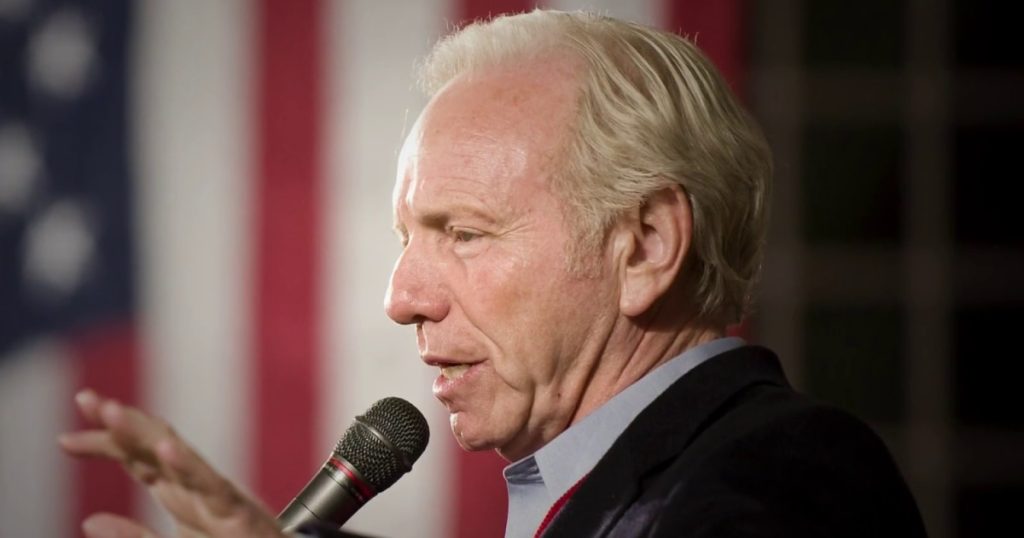In discussing the significance of the content, it delves into the root causes of certain social issues, particularly those related to race and discrimination. The writer argues that focusing solely on individual behaviors and attitudes is not enough to address systemic inequality. Instead, the content emphasizes the importance of understanding how institutions and systems perpetuate these inequalities and the need for collective action to dismantle these structures.
Moreover, the content underscores the importance of recognizing that injustice is not limited to overt acts of discrimination, but is also embedded in seemingly neutral policies and practices that disadvantage certain groups. These structural inequities require a more comprehensive approach to address, one that involves challenging existing power dynamics and advocating for policies that promote equality and opportunity for all individuals in society.
The writer also highlights the role of privilege in perpetuating these inequalities, noting that individuals from marginalized groups often face barriers that their privileged counterparts do not. This privilege manifests in various forms, from economic advantages to societal assumptions about certain groups, and contributes to the perpetuation of systemic inequality. The content calls for a deeper understanding of privilege and its effects in order to effectively address the root causes of social injustice.
Furthermore, the content underscores the importance of intersectionality in understanding social issues, emphasizing that individuals experience discrimination and disadvantage in complex and interconnected ways. Factors such as race, gender, class, and sexuality intersect to shape individuals’ experiences and opportunities in society, and must be considered holistically in efforts to address inequality. By recognizing these intersections, the content argues, we can develop more inclusive and effective solutions to systemic inequality.
Additionally, the content acknowledges the power of collective action in challenging these systems of oppression, emphasizing the need for solidarity among individuals and communities to effect meaningful change. By coming together to advocate for justice and equality, marginalized groups can amplify their voices and push back against the structures that perpetuate inequality. The writer calls on readers to engage in activism and advocacy to dismantle these systems of oppression and create a more just and equitable society for all.
Overall, the content serves as a powerful call to action for individuals to confront and challenge systemic inequality in all its forms. By recognizing the root causes of social injustice, understanding the role of privilege and intersectionality, and engaging in collective action, readers can work towards creating a more equitable and inclusive society for all. The writer’s impassioned plea for justice and equality underscores the urgent need for systemic change and serves as a rallying cry for individuals to join together in solidarity to create a more just and equitable world.















